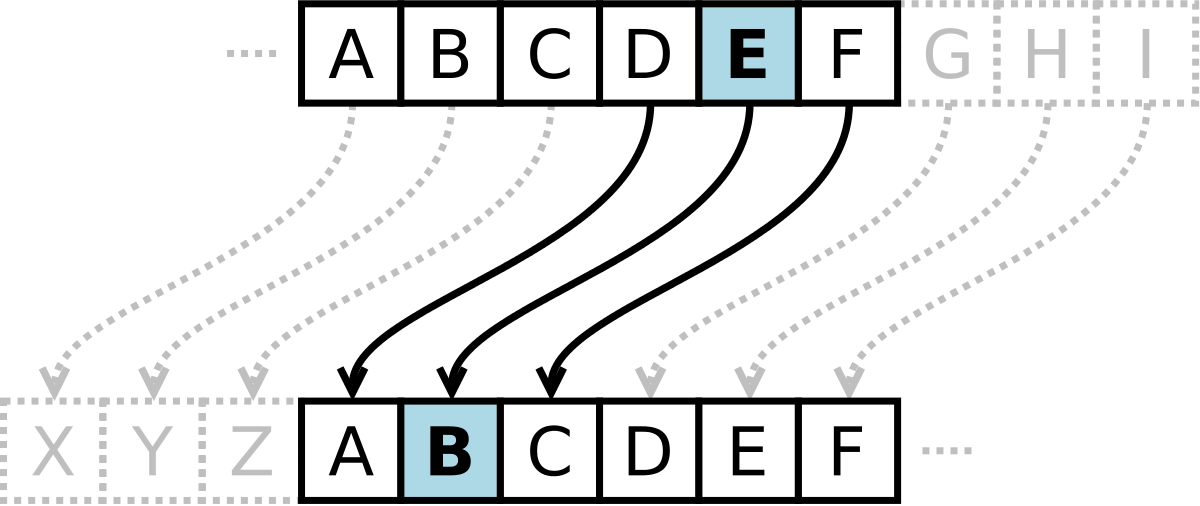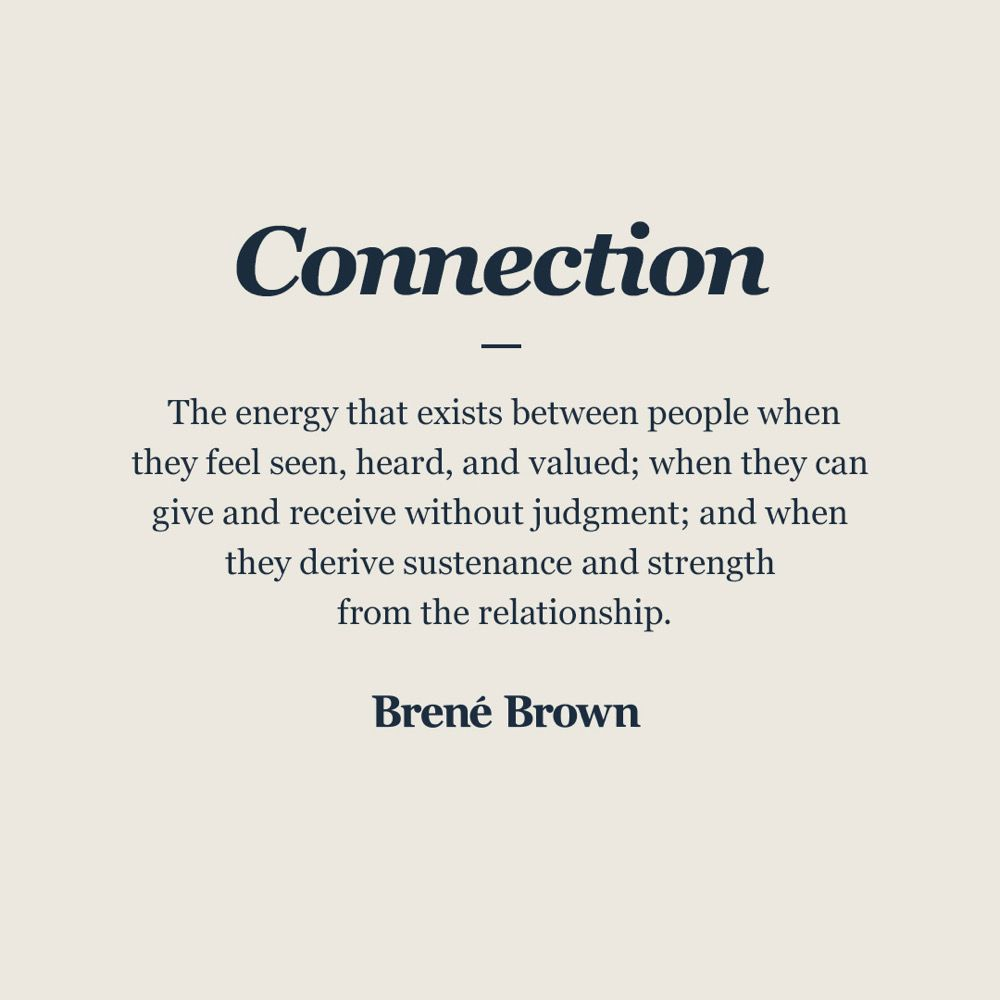A little bit of philosophy too - when is it helpful / not helpful to disguise our emotions?
I used these cute little 'kimochi' toys to start discussions on emotions.
We created 'blob creatures' from modelling clay to show just one emotion. Some children created stop motion videos with their blob creatures.
Anther week we looked at 'Spies, lies, and disguise' - looking at the story of Margaret Bulkley from the 1800's. She changed her name and appearance to become James Barry so she could go to university to train as a doctor, and became a well-known surgeon as James Barry. Lots of discussions from children here about how difficult that might have been and whether she should have pretended or not. We then looked at when else people might disguise who they are (undercover police, spies, people who are trying to hide for some reason etc). We created our own 'cover stories' and tried to keep to them - it was difficult to remember everything! Some children designed and created spy gadgets too.
We also looked at the learning pit and how mistakes and struggles in learning can be the catalyst for change and learning.
We looked at the recent launching of Artemis 1 and the difficulties they faced when trying to launch (engine trouble, fuel leak, tropical storm) and how they overcame each of these problems. We also tried to make an origami star each and thought about what we could do if we found something difficult and how we felt when we achieved something.













.png)


.jpg)
















